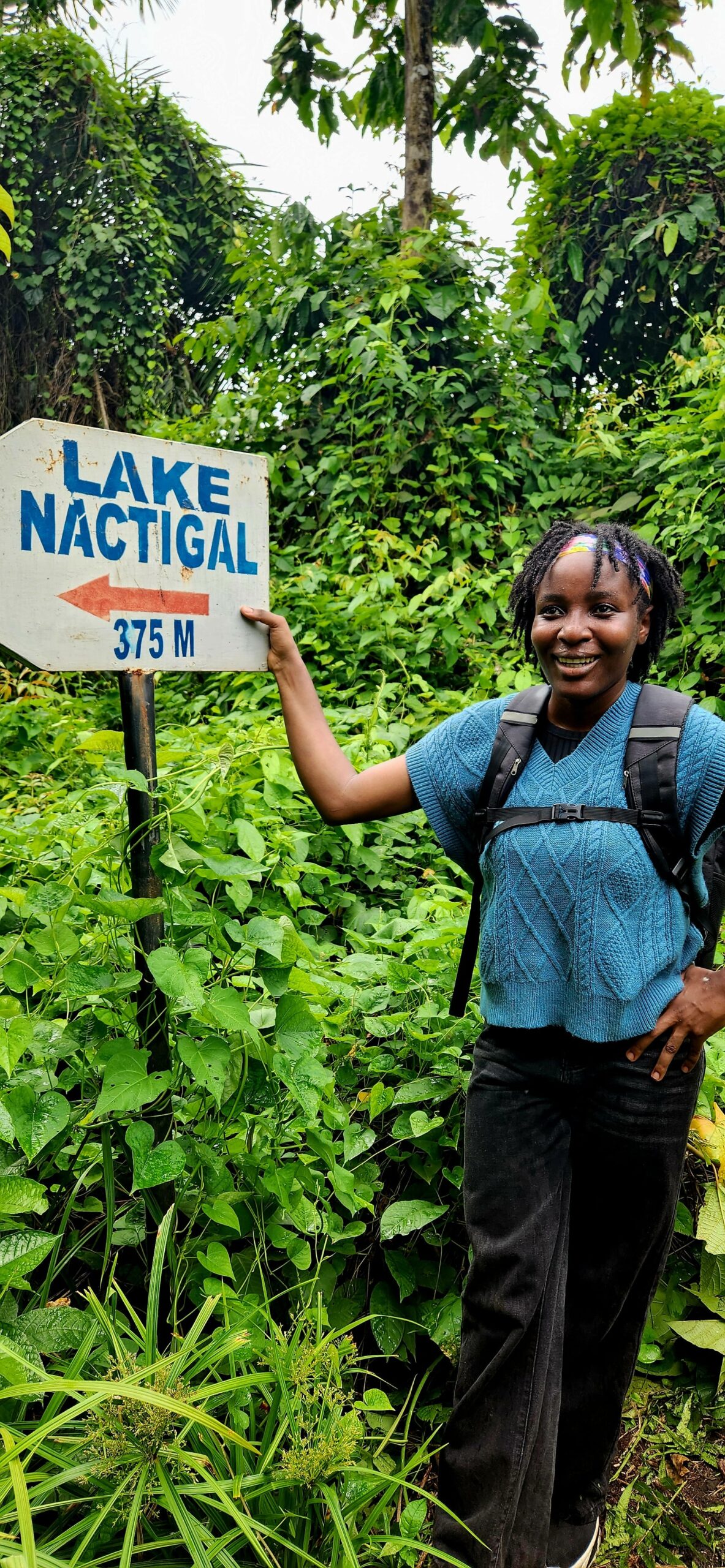Everyone deserves to experience inclusivity in travel, regardless of race, ethnicity, gender, sexual orientation, disability, or socioeconomic status. We’re here to help make that happen through stories and the latest industry updates.
Our blog will be a valuable resource for travelers, travel professionals, and DEI advocates. We invite you to join us in the conversation and to help us create a more inclusive and welcoming travel industry for all!

